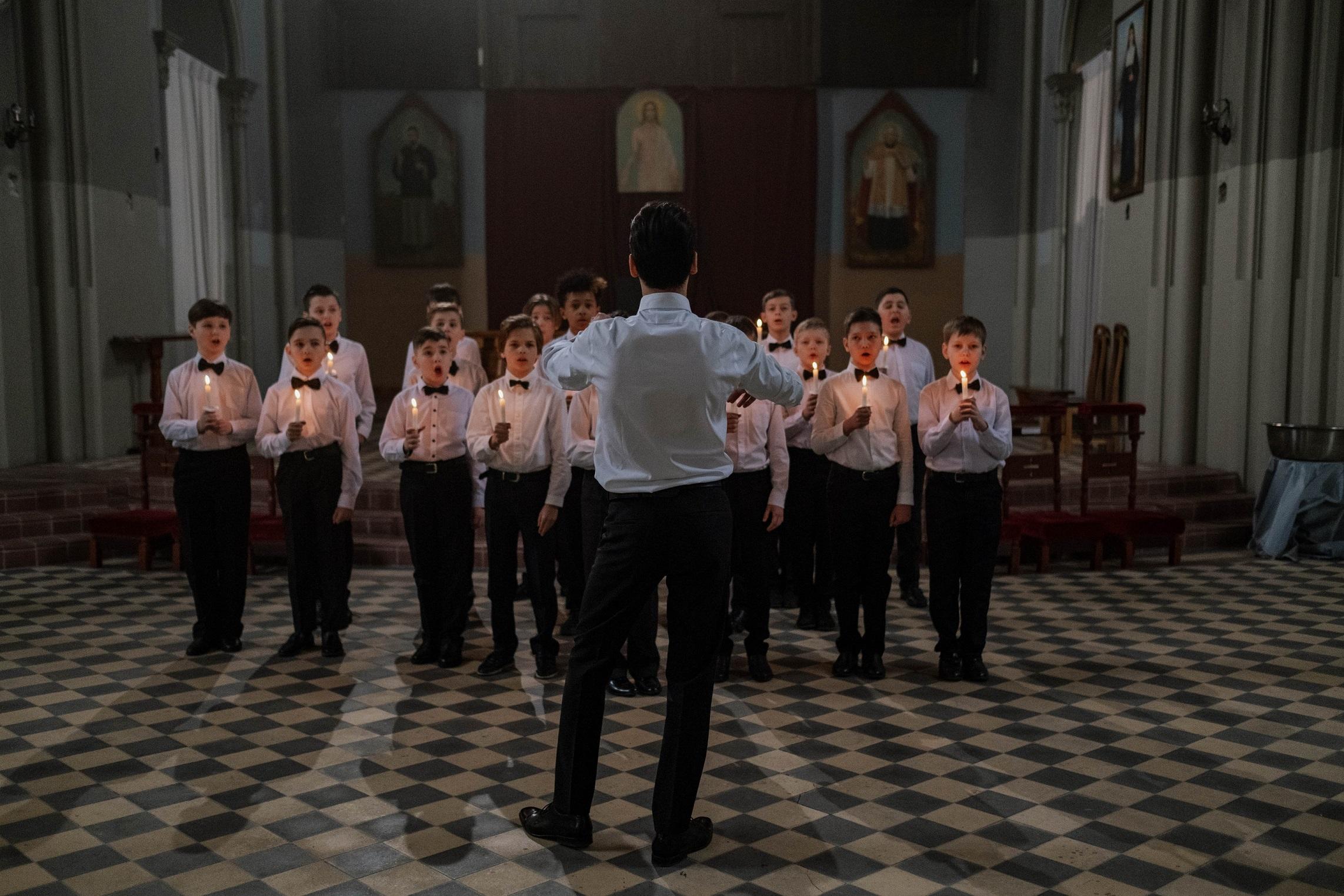


Dedicated Music Schools for Children
2 February 2023
Specialist music schools offer training in music as well as academic education to musically gifted children aged 8-19. There are nine institutions funded by the UK government that do this and others that are supported by councils, plus a range of private schools. They may be day or boarding schools or both.
How Does My Child Get In?
Children must audition to gain a place at music school. They might play two pieces of their own choice and another on a second instrument. Piano pieces might need to be learned by heart. There are sight-reading and aural tests. There is also an interview and may be academic tests. Gaining a place is highly competitive as schools seek hard-working as well as talented individuals.
Many music schools are independent but have bursaries and scholarships to help with fees. The government’s Music and Dance Scheme supports students at nine specialist schools.
What Will My Child Learn?
Children receive classical training in instruments individually and as ensembles, from trios and quartets to orchestras and choirs. There are performance classes and opportunities to perform at events that prepare children for professional life as a musician.
A much larger proportion of the school curriculum is given over to music. Some schools devote one third of the children’s time to learning instruments, singing and listening to music. They might spend three hours a day learning a primary and secondary instrument, performance classes, aural training, composition and music technology. Jazz, pop, rock and commercial musical styles are included as well as classical. There might be regular lunchtime concerts where children gain experience in front of an audience. They can go on to tour internationally with symphony orchestras.
Will My Child Still Get Academic Qualifications?
Music schools include the academic education of children and formal exams are undertaken. Music schools can be 80% boarding because children come from a distance. Not having to travel gives them extra practice time. There is an array of extra-curricular activities but sport may not be as prevalent as in mainstream schools.
Many music school pupils go on to further education at music college but it is equally good education for other subjects.
Will My Child Enjoy It?
The children benefit from being surrounded by musical peers. Putting in hours of practice is what everyone does so they don’t feel out of place and can encourage each other. Music school provides the perfect opportunity for meeting other musicians to perform with. For example, if you play the oboe you might perform with a cellist and a pianist. There are numerous recitals, concerts and festivals to build experience and confidence. Being among like-minded classmates gives them confidence and opportunities to make lifelong friends.
What Are Choir Schools?
Choir schools are attached to cathedrals where they may perform daily or weekly at public services. They are for children aged 7 - 13. Children benefit from spending time in beautiful, historic buildings with amazing acoustics.
What Are Some Examples of Music Schools?
Outstanding music schools that attract international as well as local students include The Purcell School for Young Musicians in Hertfordshire, Chetham's School in Manchester, St Mary’s Music School in Edinburgh and Yehudi Menuhin School in Surrey for stringed instruments and piano.
